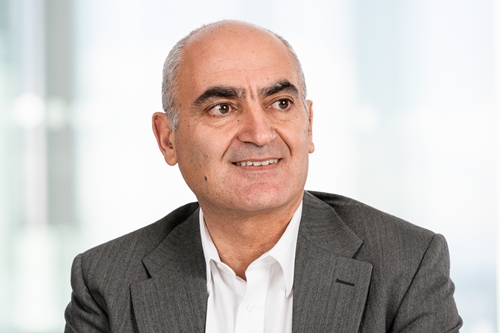1 August 2016. Drug maker GlaxoSmithKline, or GSK, and Verily Life Sciences, a division of Alphabet, the parent company of Google, are forming a joint venture to develop miniaturized therapeutic electronic devices. The two partners will provide Galvani Bioelectronics, as the venture is known, with up to £540 million ($715 million) over the next 7 years.
Galvani Bioelectronics plans to discover and develop implanted electronic devices that send signals along nerve pathways in the body addressing chronic diseases. In some cases, these conditions are characterized by distorted signals that the devices are intended to correct. The venture plans to start out investigating bioelectronics as therapies for inflammatory, metabolic, and endocrine disorders. The partner companies say tests with animals already show the technology’s potential with treating type 2 diabetes.
GSK will hold a majority (55%) ownership in Galvani Bioelectronics, with Verily taking the remainder. Contributions from the two companies could reach as high as £540 million if all planned milestones are achieved.
Galvani Bioelectronics is expected to combine GSK’s drug discovery and development experience with Verily’s and Alphabet’s expertise in low-power electronics, miniaturization, software, and data analytics. Both companies are contributing intellectual property needed by the venture.
Moncef Slaoui, who chairs GSK’s vaccines division, will serve as chair of the Galvani Bioelectronics board. Kris Famm, GSK’s vice-president for bioelectronics research will be the company’s president. The new enterprise will be headquartered at GSK’s research center in Stevenage, U.K., with a lab at Verily’s facility in South San Francisco, California. The venture is expected employ 30 scientists, engineers, and clinicians. Galvani also plans to fund collaborations with academic research groups and other companies.
“Many of the processes of the human body,” says Slaoui in a GSK statement, “are controlled by electrical signals firing between the nervous system and the body’s organs, which may become distorted in many chronic diseases. Bioelectronic medicine’s vision is to employ the latest advances in biology and technology to interpret this electrical conversation and to correct the irregular patterns found in disease states, using miniaturized devices attached to individual nerves.”
GSK began its R&D work in bioelectronics in 2012, which the company says resulted in research collaboration with 50 labs worldwide, including successful proof-of-concept tests in lab animals. As reported in Science & Enterprise, GSK started a venture capital fund in 2013 to invest in companies working in developing therapeutics addressing the body’s electrical signaling network.
Read more:
- Patch Delivers Gene, Drug, Heat Therapies to Colon Tumors
- Device Measuring Nerves on Heart Rhythm in Development
- Patent Given for Non-Invasive Spinal Stimulation Technology
- Ingestible Robot Designed for Stomach Objects, Wounds
- Electric Current Shown to Reduce Wound Bacteria
* * *


 RSS - Posts
RSS - Posts
You must be logged in to post a comment.